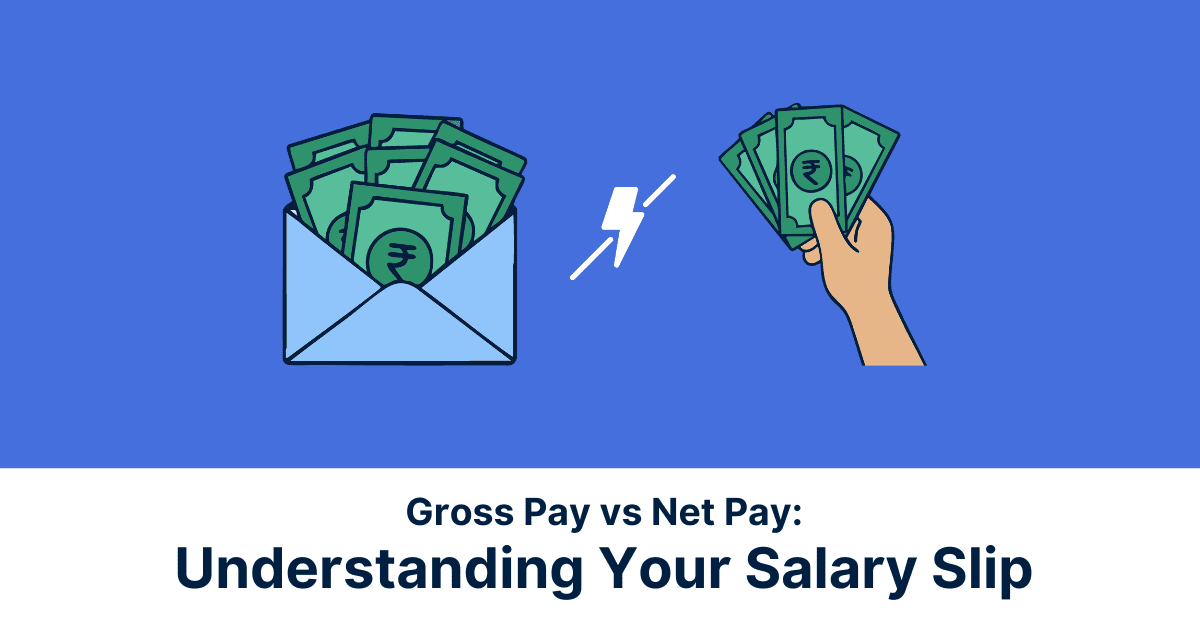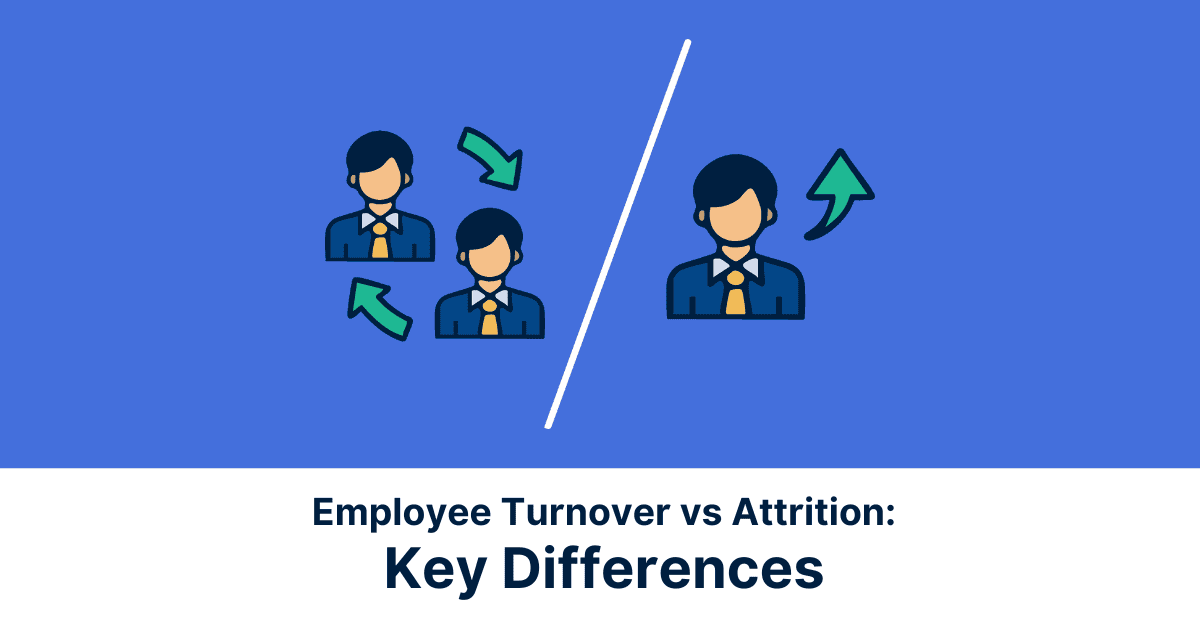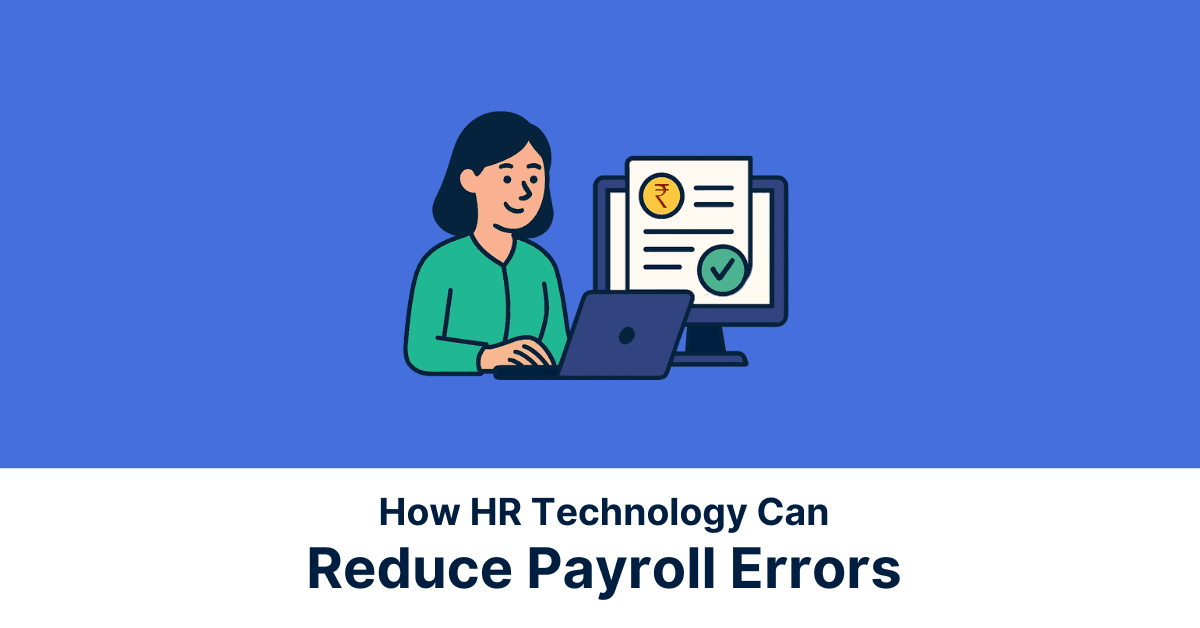Economic downturns like recessions, bring significant challenges to the workplace, deeply impacting employee well-being. Financial strain, job insecurity, and reduced resources can heighten stress and anxiety, leading to decreased morale, productivity, and engagement among employees. In these times, concerns over layoffs, increased workloads, and limited career progression can affect employees’ mental and emotional health, making it difficult to maintain a positive work environment.
Given these pressures, it becomes essential for employers to proactively support employee well-being. By implementing supportive measures—such as conducting wellness surveys, offering counselling, and promoting work-life balance—organisations can help employees manage stress and remain productive during economic downturns. Prioritising well-being not only benefits the workforce but also helps companies build resilience and sustain productivity, which leads to creating a more positive, engaged workplace.
The Impact of Economic Downturns on Employee Well-being
Increased Stress and Anxiety
During recessions, uncertainty and job insecurity can increase stress and anxiety among employees, thus impacting their mental health and well-being. The fear of layoffs, budget cuts, and limited career advancement creates an atmosphere of instability, leaving employees worried about their financial future and career prospects. This stress can contribute to declining mental health, leading to symptoms such as chronic anxiety, insomnia, and even depression.
Employees may also feel pressured to perform at higher levels to prove their value, which can increase burnout and mental fatigue. The prolonged stress not only affects their emotional health but can also lead to physical symptoms like headaches and exhaustion. When there’s an unpleasant combination of financial insecurity and job-related stress creates an environment where employees struggle to feel safe and valued. This highlights the importance of employer support during economic downturns to help alleviate these burdens and promote workplace stability.
Financial Strain on Employees
Economic downturns often bring financial strain to employees, with reduced income, layoffs, and job insecurity intensifying stress. As employees face income cuts or fear losing their jobs, they may experience mounting financial concerns, struggling with increased debt, expenses, and diminished savings. This financial instability affects mental health, contributing to heightened anxiety and distraction as employees worry about meeting basic financial obligations, such as housing, healthcare, and family expenses.
The ripple effect of financial stress can undermine workplace productivity and morale. Employees facing financial strain may have trouble focusing, resulting in lower engagement, more errors, and even increased absenteeism as they manage personal financial matters or stress-related health issues. High turnover rates can also result in employees seeking more stable or better-paying roles elsewhere. For employers, offering financial counselling or mental health resources can help ease the burden, enhancing both employee well-being and organisational resilience during challenging times.
Decline in Job Satisfaction and Engagement
During economic challenges, employee morale, job satisfaction, and engagement often decline, as financial constraints and job insecurity create an unstable work environment. Employees may feel less motivated and more anxious, particularly when promotions are frozen, responsibilities increase without added support, and benefits are reduced as part of cost-saving measures. This diminished sense of appreciation and growth prospects can lead to frustration and disengagement, as employees feel their hard work and contributions may go unrecognised.
Additionally, the threat of layoffs or budget cuts can create a negative workplace atmosphere, depleting trust and collaboration among team members. When employees sense a lack of security and support, they’re less likely to go above and beyond in their roles, affecting overall productivity. For employers, having open communication and actively addressing employee needs can help sustain morale, reinforcing commitment and engagement even during uncertain times.
How Companies Can Support Employee Well-being During a Recession
Implementing Financial Wellness Programs
To help employees manage financial stress during a recession, companies can offer financial wellness programs that provide valuable tools and resources. Budgeting tools, for example, empower employees to manage their income effectively by creating plans that prioritise essential expenses and savings. Debt management support can guide employees in handling existing loans, consolidating debt, or repayment strategies, removing a significant amount of financial anxiety. Companies can also introduce savings plans that encourage employees to build financial security gradually, offering long-term stability even in uncertain economic times.
Such programs not only reduce financial stress but also contribute to employee productivity and morale by showing that the company values their overall well-being. Access to financial education and support can create a more resilient workforce, helping employees feel equipped to handle personal financial challenges, which translates to a more focused, engaged, and committed team in the workplace.
Mental Health Support and Resources
During economic downturns, prioritising mental health support is essential for companies to help employees handle stress and uncertainty. Employee assistance programs (EAPs) offer a critical resource, providing employees with access to confidential counselling services, stress management workshops, and resources for dealing with anxiety and depression. These services allow employees to seek help when they need it, creating a supportive workplace culture that acknowledges mental health challenges.
Companies can also provide training for managers to identify and address mental health concerns proactively, reducing stigma and promoting a healthier work environment. Stress management resources, such as relaxation workshops, or resilience-building programs, can also play a role in helping employees manage mental health during challenging times. By actively offering these resources, companies can enhance overall well-being, improve employee morale, and create a team that is better equipped to handle workplace demands.
Flexible Work Arrangements
Offering flexible work arrangements, such as adjustable schedules or remote work options, can significantly reduce employee stress during economic downturns. These arrangements allow employees to better balance their personal and professional responsibilities, minimising the risk of burnout and promoting a healthier work-life balance. Remote work can also ease financial burdens by cutting commuting costs, which can be a relief during tight financial times.
Flexible schedules can accommodate employees’ needs, allowing them to adjust working hours to manage family obligations or personal errands, which can improve morale and productivity. Moreover, providing flexibility shows that the company trusts and values its employees’ well-being, enabling a supportive work culture. These solutions can help employees feel more in control of their time, leading to a more engaged, focused, and productive workforce, even in the face of economic challenges.
Open Communication and Transparency
Maintaining open communication and transparency about the company’s financial health and outlook is crucial to reducing employee anxiety during a recession. Regular updates on the company’s performance and any anticipated changes, such as staffing adjustments or budget cuts, can reassure employees and build trust. Employees are less likely to feel anxious or speculate about job security if they have a clear understanding of where the business stands.
Companies should create open channels for employees to express their concerns, such as town hall meetings, Q&A sessions, or anonymous feedback options. This helps create a sense of inclusion, making employees feel their voices are valued and heard. Transparent communication not only reduces uncertainty but also strengthens employee morale, as employees are more likely to stay committed to a company that prioritises honesty and considers their well-being amid financial challenges.
Boosting Employee Engagement and Morale During Economic Downturns
Offering Upskilling and Training Opportunities
As industry demands and job roles evolve rapidly, employees are looking for opportunities that ensure career growth and adaptability. A recent McKinsey study found that 40% of employees plan to leave their current roles for better-paying or more fulfilling positions. By offering upskilling and reskilling opportunities, companies show a commitment to their employees’ future, helping them feel valued and prepared to face changing job landscapes.
Development programs not only build loyalty but also improve employee confidence and job satisfaction. When employees see that their company is willing to invest in their growth, they’re more likely to stay engaged and committed. For companies, a skilled and adaptable workforce leads to improved productivity, innovation, and competitiveness. Thus, by prioritising employee development, companies build a more resilient, motivated, and capable team that drives collective success.
Recognition and Reward Programs
Even during economic downturns, a well-structured recognition and reward program can significantly boost employee morale and loyalty. Small gestures, like a simple “thank you” or a public shout-out, can go a long way. For instance, a tech company facing budget constraints could implement a “Peer Recognition Program.” Employees could nominate colleagues for exceptional work, and the chosen individuals received gift cards and public acknowledgment.
To further amplify the impact, consider incorporating tangible rewards like appreciation certificates, bonus points, or additional time off. Setting clear criteria for these rewards, such as meeting specific project milestones or demonstrating outstanding teamwork, can make the recognition process more meaningful.
By consistently recognizing and rewarding employees, organisations can create a culture of appreciation and motivation. Regular feedback sessions can help identify individual needs, ensuring the program remains relevant and effective.
Team Building and Wellness Activities
Team building activities are a core component of work life. Any company invested in developing effective workers should engage in these activities. This bond directly contributes to greater job satisfaction and happiness, which positively impacts performance. In fact, research from Oxford University found that employees who are happy are up to 13% more productive, underscoring the importance of team bonding for both morale and effectiveness. Here are some enjoyable wellbeing activities that you can integrate into your team meetings.
Icebreaker Games: Start meetings with fun icebreakers where team members share interesting stories or quirky answers. This builds camaraderie and helps everyone get to know each other.
Fitness Challenge Updates: Host a steps or fitness challenge, comparing progress at the start of each meeting. It keeps the team active and adds a bit of friendly competition.
Show and Tell: Dedicate a few minutes for team members to share something
meaningful—like a hobby or a favourite book—offering a glimpse into their personal lives.Wellness Check-In: Begin with a quick wellness check, asking team members to share a recent highlight or something they’re grateful for. This encourages positivity and connection.
Gratitude Circle: Let team members express appreciation for one another, reinforcing a positive, supportive environment.
Adapting Employee Benefits to Focus on Well-being
Offering Financial Counseling Services
Providing financial counselling services helps employees manage finances effectively, especially during economic uncertainty. These services can offer guidance on budgeting, debt management, and building savings, giving employees the tools to make sound financial decisions. For instance, financial counsellors can work with employees on debt repayment plans or create strategies to reduce interest rates and fees. By addressing financial issues proactively, counselling can alleviate stress, allowing employees to feel more in control of their financial future.
Financial counselling often includes emergency planning, helping employees prepare for unexpected expenses by building a rainy-day fund. Many organisations collaborate with financial advisors or institutions to offer workshops, one-on-one sessions, or online resources. This investment shows the company’s commitment to employee well-being, both financially and mentally, leading to a focused workforce. Employees who feel secure in their finances are likely to be more engaged, productive, and loyal to the organisation.
Prioritising Health Insurance and Wellness Benefits
Maintaining or expanding health insurance and wellness benefits during challenging economic times is crucial for supporting employee well-being. Health insurance coverage ensures employees can access necessary medical care without facing overwhelming costs, directly impacting their physical health and reducing stress related to potential healthcare expenses. Companies should prioritise benefits that include mental health support, such as counselling services, as economic uncertainties can increase employee anxiety and stress levels.
Offering wellness-related benefits, like gym memberships or fitness reimbursements, encourages employees to stay physically active, which is essential for overall health. These benefits promote a holistic approach to employee wellness by addressing both physical and emotional needs. By committing to comprehensive health and wellness support, companies reinforce that employee health is a priority. This approach not only boosts morale and engagement but also contributes to lower absenteeism, higher productivity, and increased loyalty, as employees feel genuinely supported and valued.
Emergency Relief Funds for Employees
Employee relief funds are a great support mechanism that companies can establish to assist employees facing financial emergencies, especially during economic downturns. These funds provide immediate financial aid for situations like medical emergencies, unexpected housing costs, or natural disaster recovery. Relief funds can be either company-financed or set up as a donation-based program, where employees, leadership, and other stakeholders contribute to support colleagues in need.
Such funds offer financial relief and create a strong sense of community and compassion within the organisation. Knowing they have access to emergency funds helps employees feel more secure, reducing financial anxiety that could impact their work. By prioritising employee welfare through these programs, companies create a supportive workplace culture, enhancing morale and loyalty. The presence of relief funds builds a safety net, showing employees that their well-being is valued and making the organisation
Creating a Culture of Support and Resilience
Leadership and Empathy in Challenging Times
Prioritising employee well-being during economic downturns is essential, as economic challenges often heighten stress and uncertainty, impacting mental and financial health. Data from the Health and Safety Executive (HSE) reveals that stress, depression, and anxiety resulted in approximately 17.1 million lost workdays in 2022/23, highlighting the importance of understanding employee emotions. To counter these effects, companies can build support systems like financial counselling, emergency relief funds, and empathetic leadership.
For instance, consider a company facing substantial budget cuts. Instead of just announcing a hiring freeze, the CEO calls a company-wide meeting to explain the situation transparently, acknowledging employee anxiety and detailing support measures. Additional training, career counselling, and internal promotions help boost security and morale.
By prioritising employee well-being, companies foster resilience and strengthen organisational foundations, creating a healthier and more engaged workforce capable of navigating both present and future challenges.
Building a resilient workforce
Navigating economic storms requires a workforce that’s not just competent, but resilient. By equipping employees to weather challenges, companies can safeguard productivity, morale, and ultimately, their bottom line.
A resilient workforce is a force to be reckoned with. These teams are better equipped to adapt to change, bounce back from setbacks, and maintain a positive outlook. By offering resources like skill development programs, mental health support, and flexible work arrangements, companies can empower their employees to thrive, not just survive.
Investing in resilience isn’t just a nice-to-have; it’s a strategic imperative. It creates a culture of adaptability, innovation, and growth. When employees feel supported and capable, they’re more engaged and committed. This translates to higher retention rates and a stronger, more agile organisation.
So, the next time economic winds shift, remember: a resilient workforce isn’t just a luxury, it’s a necessity.
Conclusion
Economic downturns can be a real drag, right? But let’s face it, it’s how we handle these tough times that truly matters. One of the best ways to keep your team motivated and productive is by prioritising their well-being.
Offering financial advice, emergency funds, solid health insurance, and a leader who truly cares. It’s like a safety net for your team, helping them feel secure and valued. This kind of support isn’t just about being nice; it’s smart business. A happy, healthy team is a productive team.
Hence, a workplace culture where everyone feels heard, and appreciated is ready to tackle any challenge. By investing in people, you don’t just weather the storm, you’re setting the stage for future success.
*Disclaimer:
The information contained herein is not intended to be a source of advice concerning the material presented, and the information contained in this article does not constitute investment advice. The ideas presented in the article should not be used without first assessing your financial situation or without consulting a financial professional.




















